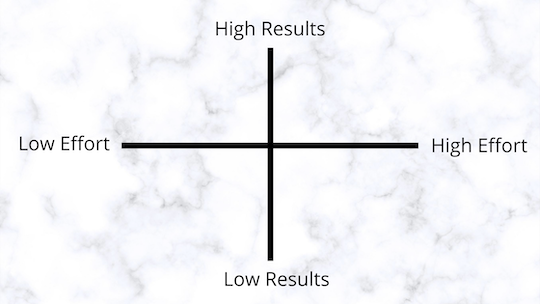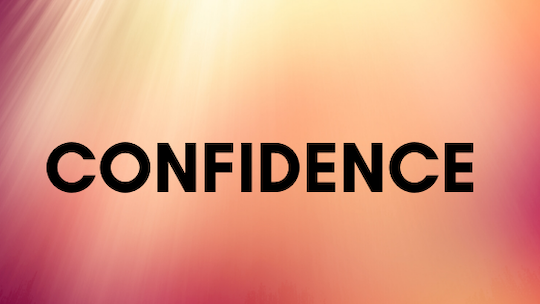“Doing your best at this moment puts you in the best place for the next moment.”
—Author Unknown

Image from Unsplash by Serena Repice Lentini
What percent of the time do you give your personal and professional activities your very best?
How often do you feel stretched and notice the burn physically, mentally, or emotionally as you take on a particular challenge?
In grade school, I had the opportunity to visit New York and climb to the crown of the Statue of Liberty. The 162 steps to the top seemed like a million. I recall the heat and shaking in my legs as I tried to keep pace.
No one was stopping to catch their breath on the various platforms, and I sure didn’t want to look like a slacker in front of my friends.
Twenty minutes or so from my first step, I received my crowning reward, seeing the panoramic view of New York’s skyline, including the twin towers of the World Trade Center, and the Empire State Building.
EXERCISE:
Where in your world are you holding back your best efforts?
Where would taking those extra steps place you at a higher point to both see and pursue even greater personal and professional excellence?









